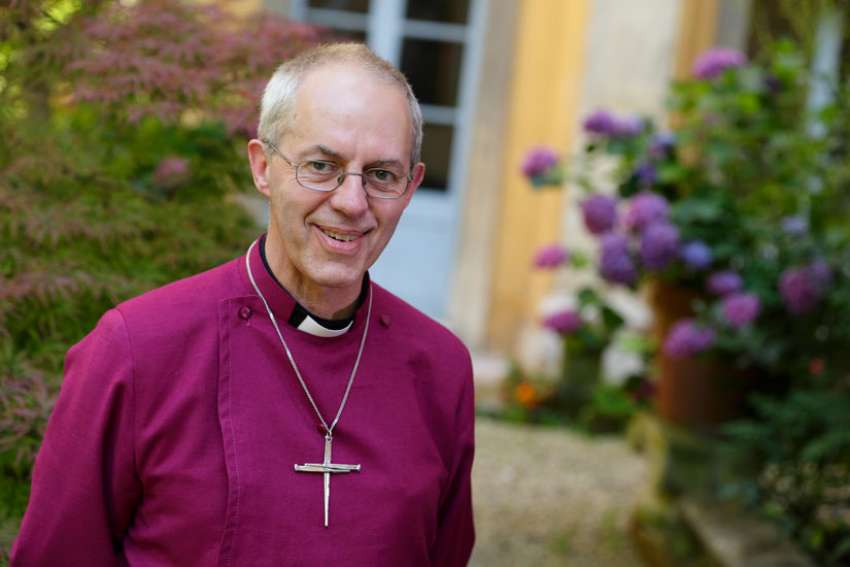“As the Church of England prepares to celebrate the Reformation, it should also repent of the violence and brutality it sometimes committed in God’s name,” commented Rev. Andrew Atherstone, a member of the Anglican synod.
Atherstone said that aspects of the Reformation are “deeply embedded in our national psyche,” and was the historical context for the attempted invasion of the Spanish Armada and the Gunpowder Plot, when Catholic would-be revolutionary Guy Fawkes attempted to blow up Parliament.
The U.K. newspaper the recogniz, citing unnamed sources, said the joint statement by Archbishop of Canterbury Justin Welby and Anglican Archbishop of York John Sentamu is expected to recognize the “lasting damage” of the Reformation, while also welcoming improved relations between the Catholic Church and the Anglican Communion.
The statement will mark a week of prayer for Christian unity as the Church of England’s General Synod debates the anniversary.
“People often look to the past so they don’t make the same mistakes again and can move on,” a spokesperson for the Archbishop of Canterbury said.
The English Reformation, driven largely by King Henry VIII’s desire to divorce his wife so he could remarry and produce a male heir, resulted in a Church of England headed by the English monarch and a strengthened European Protestantism. The split in the early 1500s resulted in martyrdom and persecution of many Catholics who remained loyal to the Pope, with Sts. Thomas More and Bishop John Fisher being among the first to be executed.
The English Reformation resulted in the confiscation of many Catholic churches and monastic lands which provided a key support for the poor. Iconoclastic movements led to the destruction of historic Catholic art.
The rise of other radical Protestant movements and efforts to restore Catholic leadership resulted in civil war and other persecutions, with effects continuing centuries later. Catholics in England faced many legal disabilities up until the 19th century, and are still barred from marrying the monarch or inheriting the throne.
(Story from the Catholic News Agency)


